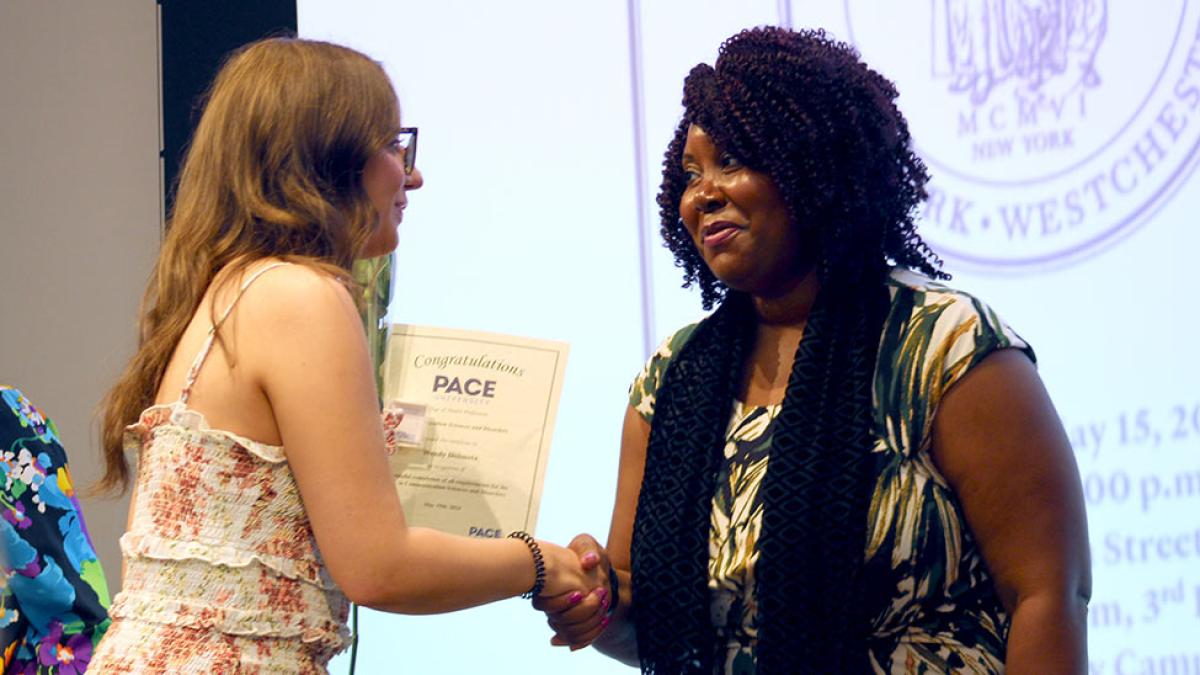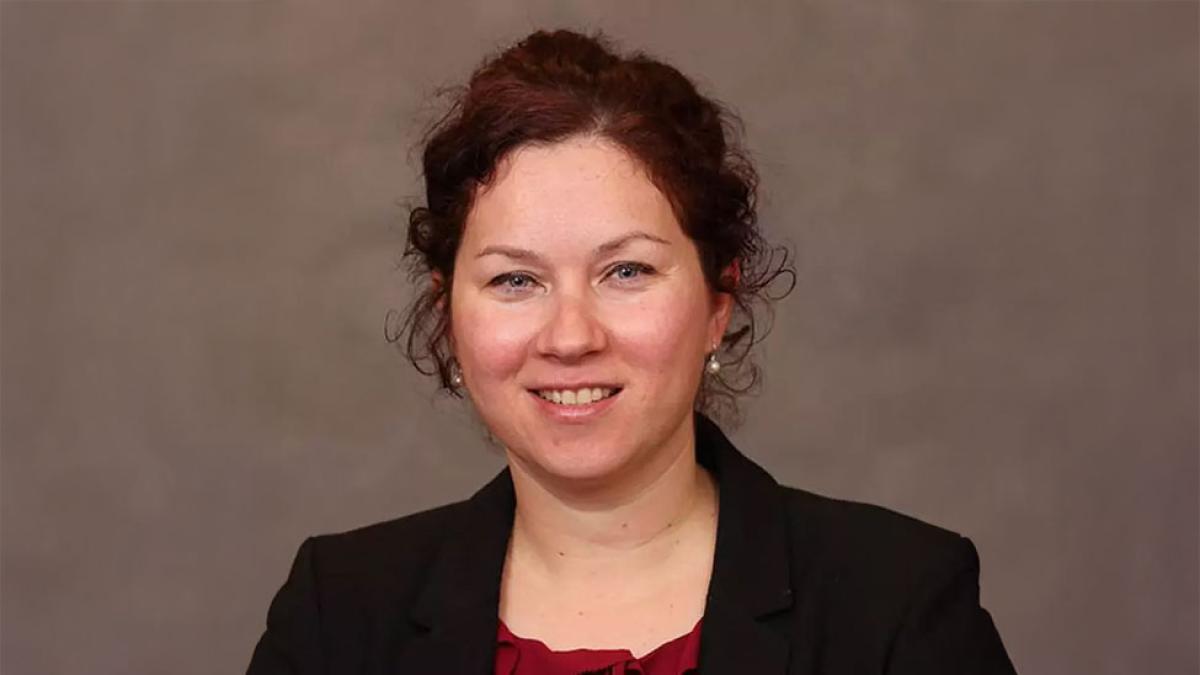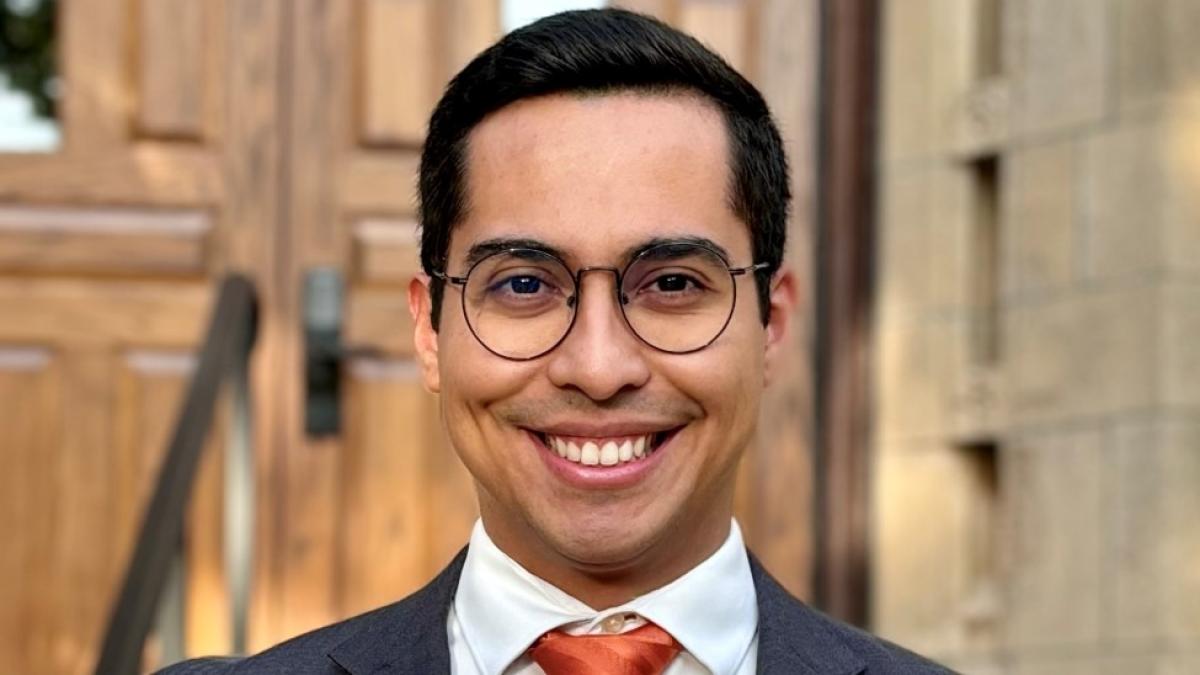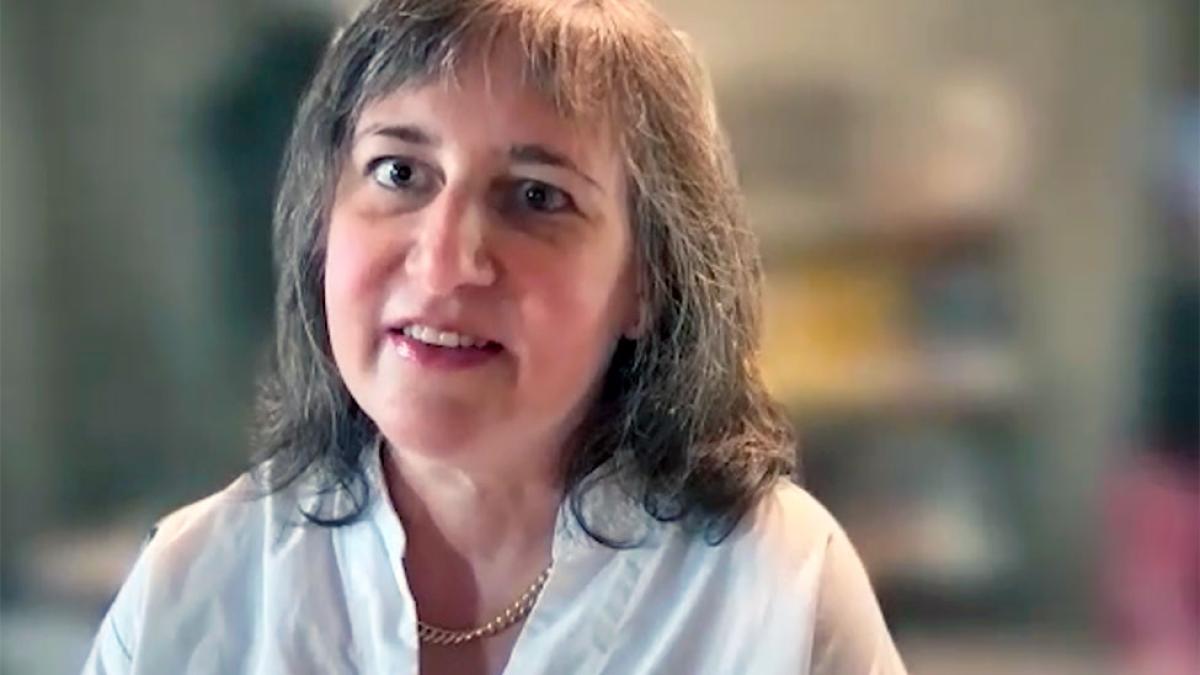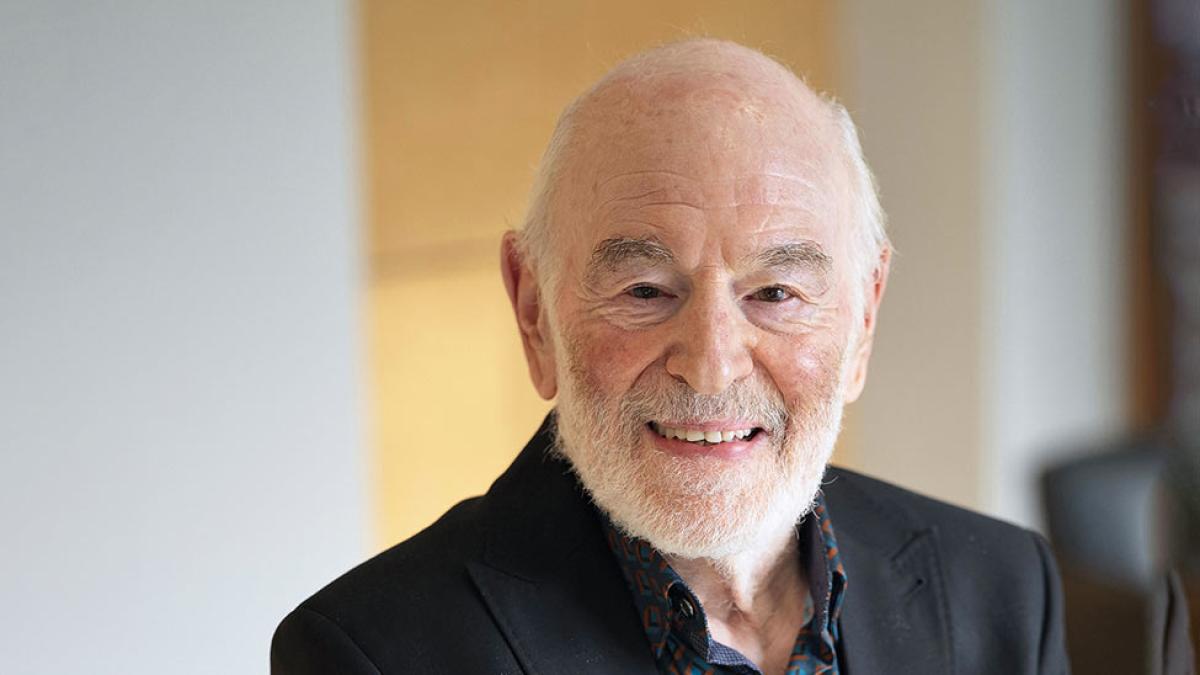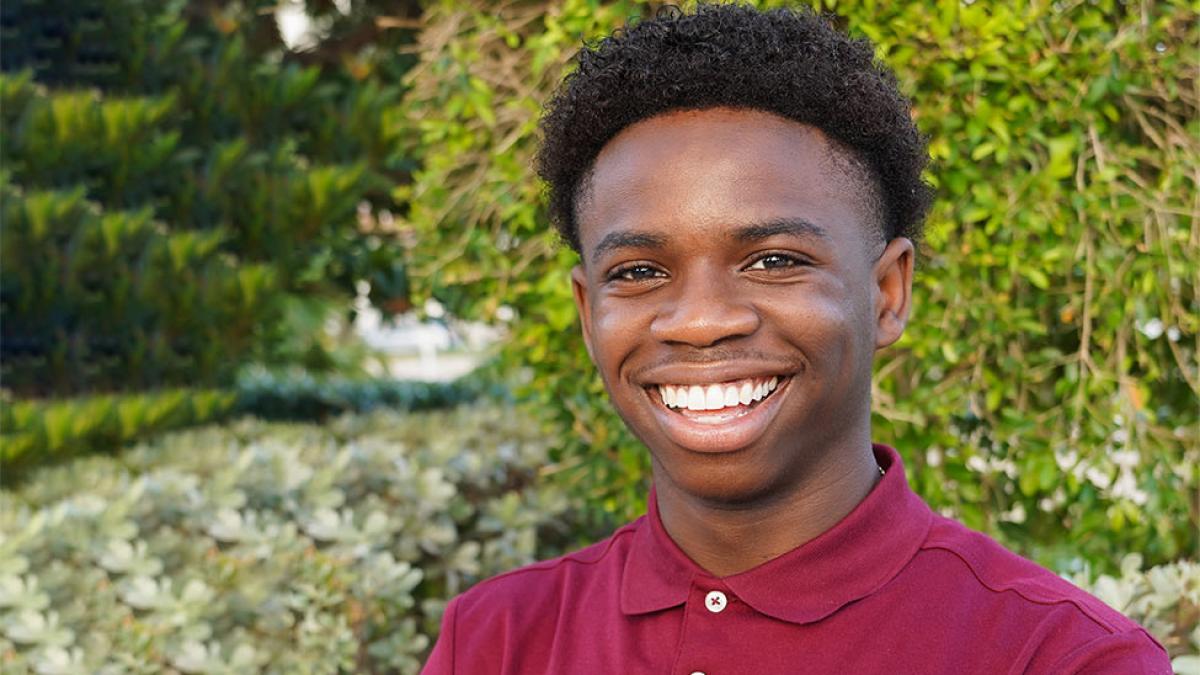Pace University recently announced the launch of the Center for Global Health, an initiative focused on chronic respiratory diseases (CRDs) and other communicable and non-communicable diseases in urban environments through research, advocacy, and education.
A Bold Step Toward Advancing Respiratory Health
Pace University has launched the Center for Global Health, focused on chronic respiratory diseases in urban environments. Led by José Luis Castro ’88 and Sonia Suchday, PhD, the Center will support interdisciplinary research, media engagement, and policy advocacy.


Chronic respiratory diseases impact more than half a billion people worldwide, contributing to over 3.5 million deaths each year—yet they remain underrecognized in global health discussions.
Pace University is taking action.
The newly launched Center for Global Health will focus on addressing chronic respiratory diseases (CRDs) and other communicable and non-communicable diseases in urban environments through research, advocacy, and education. Led by José Luis Castro ’88, WHO Director-General Special Envoy for Chronic Respiratory Diseases and a proud Pace alumnus, the Center will bring together experts across disciplines to drive meaningful change. Pace’s Director of Research and Graduate Education Sonia Suchday, PhD, will serve as the new Center’s operations director, ensuring the Center’s efforts are well-integrated into Pace’s academic and research initiatives.
With a strong foundation in health professions, public health policy, law, and psychology, Pace University is uniquely positioned take a leadership role in addressing this important global health challenge. Faculty and students will collaborate to address critical issues affecting communities in New York City and beyond, tackling conditions such as asthma and chronic obstructive pulmonary disease (COPD).
The Center aims to transform how CRDs are understood, reported, and addressed—bringing these often-overlooked conditions into greater focus. A key priority is shifting the narrative through increased media coverage and public awareness, ensuring that CRDs receive the attention they deserve.
Beyond awareness, the Center will play a critical role in policy advocacy, providing expert guidance to legislative and parliamentary health committees to help integrate CRDs into national and global health strategies. In collaboration with the WHO and other partners, it will offer research-backed solutions to reduce the impact of respiratory diseases on vulnerable populations.
Closer to home, Pace’s deep ties to the New York City community will enable meaningful engagement with local organizations, healthcare providers, and at-risk populations. Additionally, the Center will create hands-on opportunities for students, including research assistantships, internships, and participation in high-level policy discussions, preparing the next generation of public health leaders to tackle some of the most pressing global health challenges of our time.
As Pace University continues to expand its impact, the Center for Global Health represents a significant milestone in the institution’s commitment to research, education, and community engagement.
More from Pace
Our next feature for our "The Importance of Professional Development" series is Kyomi Gregory-Martin, PhD, associate professor for the Communication Sciences and Disorders program.
This past December, Dr. Gregory-Martin was awarded the Certificate of Recognition for Special Contributions in Multicultural Affairs from the American Speech-Language Hearing Association (ASHA). We connected with her to discuss this award and the importance of making a commitment to diversity in one's professional career.
Professor Gina Scutelnicu-Todoran, PhD, has dedicated her career to exploring the intersections of gender equity, social justice, and public administration. She shares insights into her latest projects, her passion for mentoring students, and the impact of hosting NECoPA 2024 at Pace.
Alumni Spotlight: Elyse Hopper Ryan, MPAS, PA-C, Class of 2021
Meet Elyse Hopper Ryan, MPAS, PA-C, 2021 graduate of the College of Health Profession (CHP) Physician Assistant Program-Pleasantville! Since completing the program, Elyse gained a full-time position for the Emergency Department at Montefiore Medical Center, as well as a part-time job at NewYork-Presbyterian / Weill Cornell Medical Center in Inpatient Internal Medicine.
In addition to her positions at Montefiore and NewYork Presbyterian, Elyse has partnered with the Physician Assistant Program – Pleasantville as an Instructional Support Clinical Personnel (ICSP). We connected with Elyse to share her experience at CHP, her learning opportunities, and her work now as a professional.

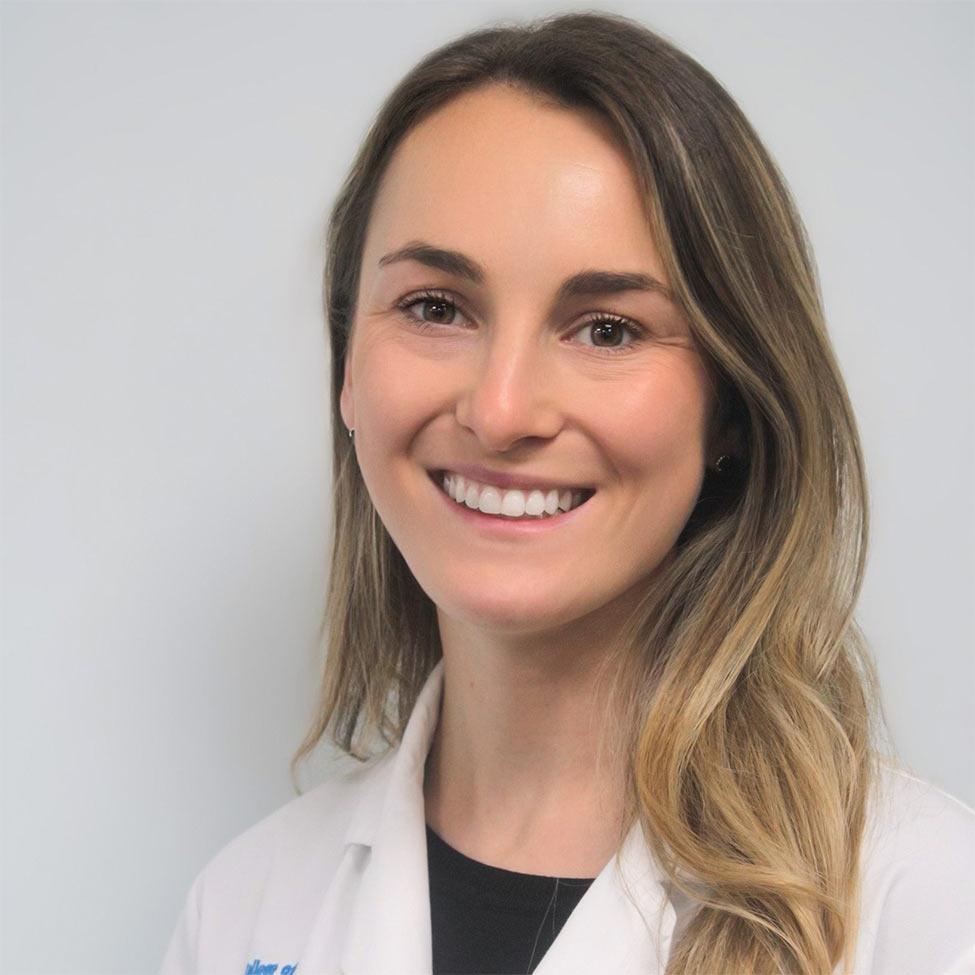
Meet Elyse Hopper Ryan, MPAS, PA-C, 2021 graduate of the College of Health Profession (CHP) Physician Assistant Program-Pleasantville! Since completing the program, Elyse gained a full-time position for the Emergency Department at Montefiore Medical Center, as well as a part-time position at NewYork-Presbyterian / Weill Cornell Medical Center in Inpatient Internal Medicine.
In addition to her positions at Montefiore and NewYork Presbyterian, Elyse has partnered with the Physician Assistant Program-Pleasantville as an Instructional Support Clinical Personnel (ICSP). We connected with Elyse to share her experience at CHP, her learning opportunities, and her work now as a professional.
What inspired you to become a Physician Assistant (PA)?
I grew up watching my mom, a Doctor of Nurse Practitioner (DNP) graduate from Pace, go to the hospital every day as a nurse practitioner. Some of my fondest memories are sitting around the kitchen table while she shared stories from her overnight shifts in the emergency department. I was always in awe of how strangers would trust her with their deepest concerns during their most vulnerable moments. Her work inspired me to pursue a career in healthcare, and I wanted to have the same impact on people’s lives.
How did you discover CHP?
I was already familiar with Pace University's renowned nursing program, so when I started looking into PA programs and discovered their new program in Pleasantville, I felt confident in their reputation and knew I could trust them.
Why did you pick CHP for your master's program? What made this program stand out to you?
For me, it came down to trusting Pace CHP as a whole. I was already familiar with the success of their other programs, which made me confident in their PA program. During the interview process, I was particularly drawn to the small class sizes and the strong sense of personal connection between students and faculty. It made me feel like I would be supported and truly valued throughout my education.
How did the faculty in CHP support you during your program?
The faculty was always available. Whether it was sending an email at any time, arranging impromptu review sessions, or accommodating last-minute requests for EKG overviews, they were always willing to help and go above and beyond to ensure we had the support we needed.
What benefits/opportunities did you experience during your program?
The small classroom size of my program provided numerous opportunities for students to get involved, including participating in student council, engaging in volunteer opportunities, completing clinical rotations at academic institutions, and new friendships.
What was your clinical experience with the program like?
I had the opportunity to rotate through a diverse range of healthcare settings and academic institutions.
My clinical rotations not only provided invaluable hands-on experience but also led to job offers, including the positions I currently hold.
— Elyse Hopper Ryan, MPAS
What features of the Pleasantville program stands out most to you?
What really stood out to me are how resilient the Pace Physician Assistant Program-Pleasantville has been throughout its journey. From being a newly established healthcare program to navigating the challenges of a global pandemic, the program consistently demonstrated strength and adaptability.
How did you get reconnected with Pace as an ICSP?
I reached out to my faculty to express my interest in becoming involved with education. As a young PA, I was eager to gain experience in higher education, but I also recognized that I had much more to learn. The faculty graciously welcomed me right away, offering me the opportunity to contribute as an adjunct, where I could actively participate in the classroom alongside other instructors and staff.
Are there any other highlights about Pace, CHP, or the Pleasantville program you would like to share?
As a student, I was always impressed by how well-prepared I felt during my clinical rotations. I truly believe that CHP and my faculty crafted a program that gave me the confidence to stand out among students from other schools. Now, as a PA-C and precepting others on their rotation, I have the privilege of seeing firsthand just how exceptional Pace PA students are, and it makes me even more grateful for the foundation they provided.
Uncovering the Secrets of New York City
Professor and journalist Rossilynne Skena Culgan, the author of a new book chronicling some of New York City's finest hidden gems, discusses how she incorporates her zeal for experiencing New York City into the classroom.
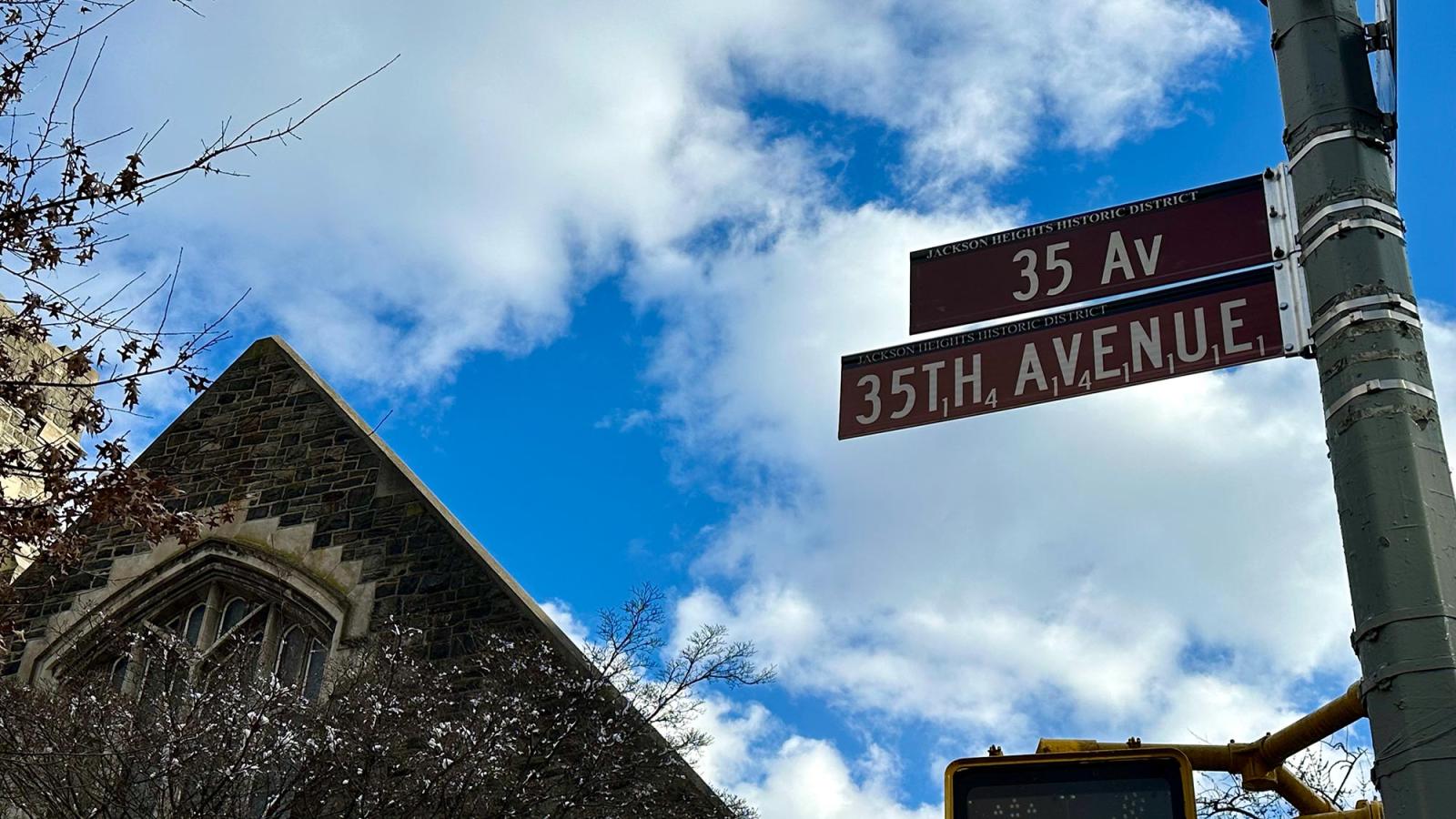
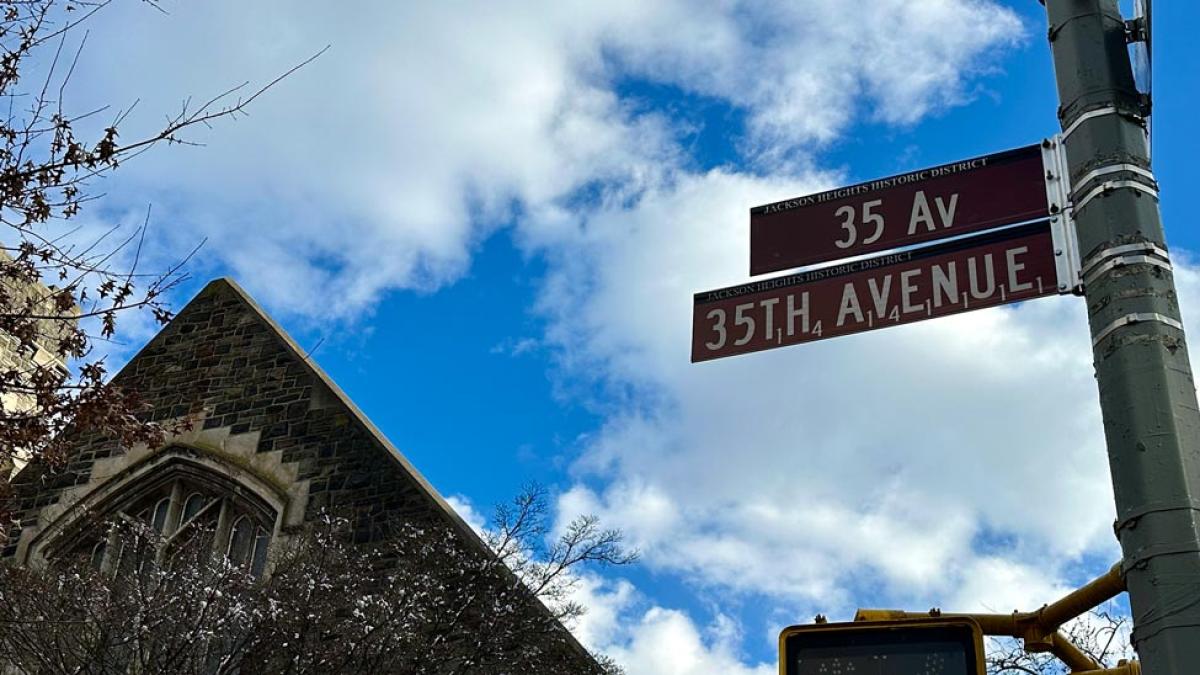
One of the unique advantages of a Pace education is the way that our academics naturally leverage the world around us. Whether you’re pursuing computer science, chemistry, or communications, a well-rounded Pace experience always includes New York as a main character.
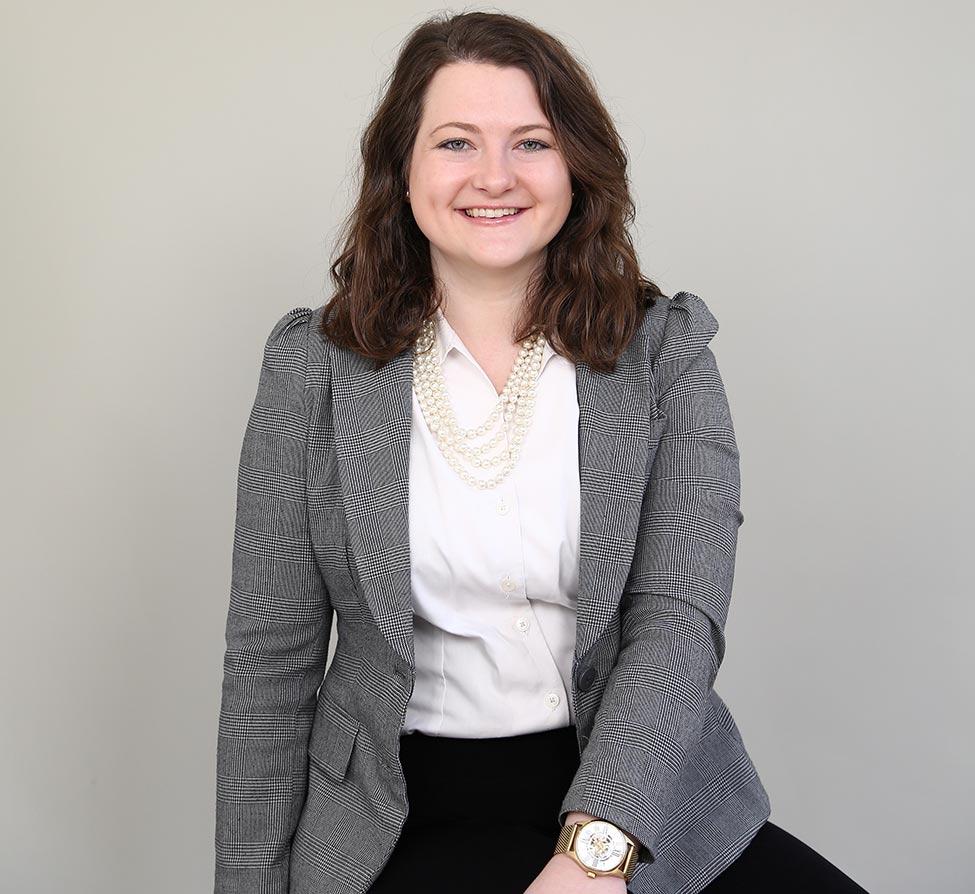
Many of our faculty, including Time Out New York Things to Do editor and adjunct Professor Rossilynne Skena Culgan, innately understand this. Culgan, who teaches a course at Pace titled Writing for the Electronic Media in between her commitments at Time Out, her TV guest appearances on CBS New York and PIX11, and a host of ongoing writing assignments, is intentional about creating an academic experience in which students empowered to reach their potential through following their curiosity–and exploring that endless nooks and crannies that comprise New York City.
Culgan, who recently published a book titled Secret New York City: A Guide to the Weird, Wonderful, and Obscure, chatted with us about her new book, the importance of observing the world around you as a journalist, and the way she encourages her students to truly embrace the city as their classroom.
What initially drew you to Pace?
I came to New York after enrolling in Columbia Journalism School’s Master of Arts program, for a degree for those who are active in the profession. Part of my goal was to eventually teach as well. It turned out that Pace was looking for someone for a Writing for Electronic Media course, which is exactly what I do, and have done every day of my life for the past fifteen years–it was a perfect fit.
One thing that I love about the course is that I had the opportunity to design the curriculum. Over the past few years, each semester I’ve tried to improve the syllabus and make the course better. It’s definitely an iterative process based on what I’m learning from students, what kind of feedback I’m getting, what students respond to, and the changing dynamics of the industry.
Tell us about your new book, Secret New York City. How did it come about? How did you research the book?
I had written a book in my hometown of Pittsburgh, 100 Things to Do in Pittsburgh Before You Die. When I moved to New York and it was clear I was going to be staying here for the foreseeable future–if not forever–I reached out to my publisher, Reedy Press. They were very open and encouraging, and that’s how the idea was born.
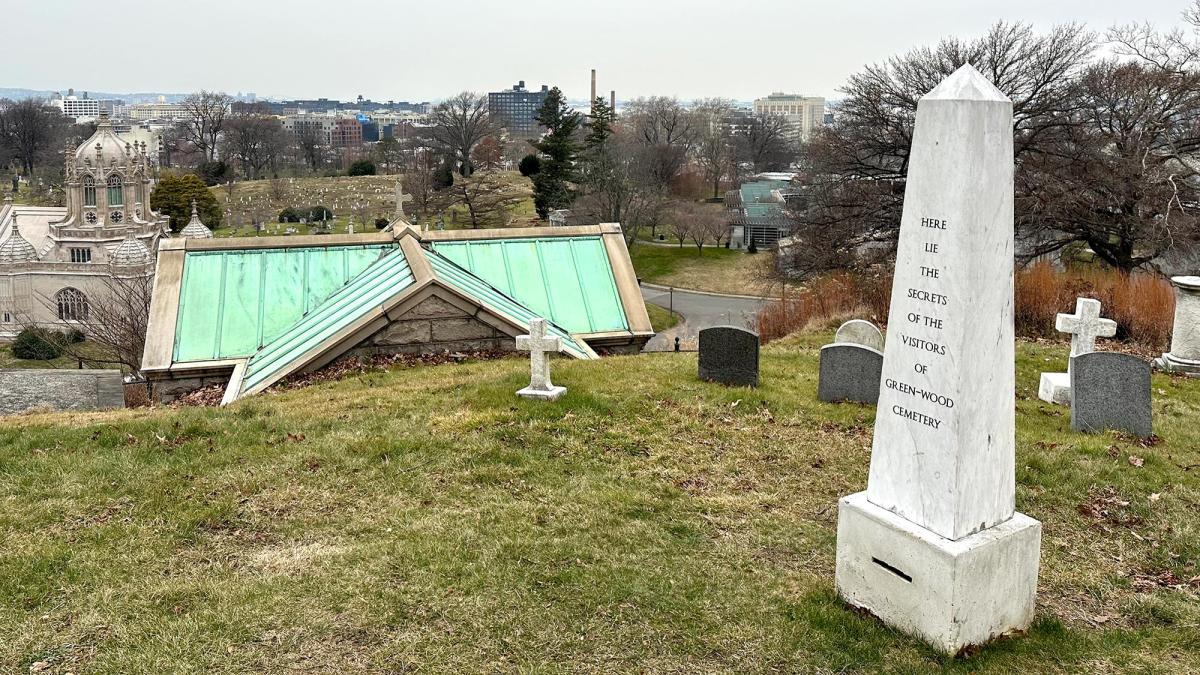
In terms of researching, my job at Time Out was a huge help because I’m always out in the city, seeing things and covering events; I also like to joke that I’ve read to the end of the internet about New York. I’d read any forum or message boards about secrets or hidden things in the city, and then go out and investigate them myself.
I also talked to a lot of New Yorkers. When I was interviewing people for the book, I’d always ask: What other secrets do you know? What else could you lead me to? My interviewees were generally pretty helpful and happy to do that.
And then finally, I drew on my general observations moving around the city. When I’d go out on research expeditions for the book, I’d often find something else that I thought was worth including. Seeing things first-person, there’s really no replacement for that. Going to every location myself, photographing it, talking to people–it was a year of weekend sidequests.
Pace University is awash in history. Many within our community know, for example, that 41 Park Row is the original New York Times building, and that One Pace Plaza was formerly the site of the highly influentialNew-York Tribune. What is your favorite “secret” near Pace’s New York City Campus?
There’s so much in Lower Manhattan. I have a lot of favorites, it’s hard to pick one! But my all-time favorite is the Bowling Green fence.
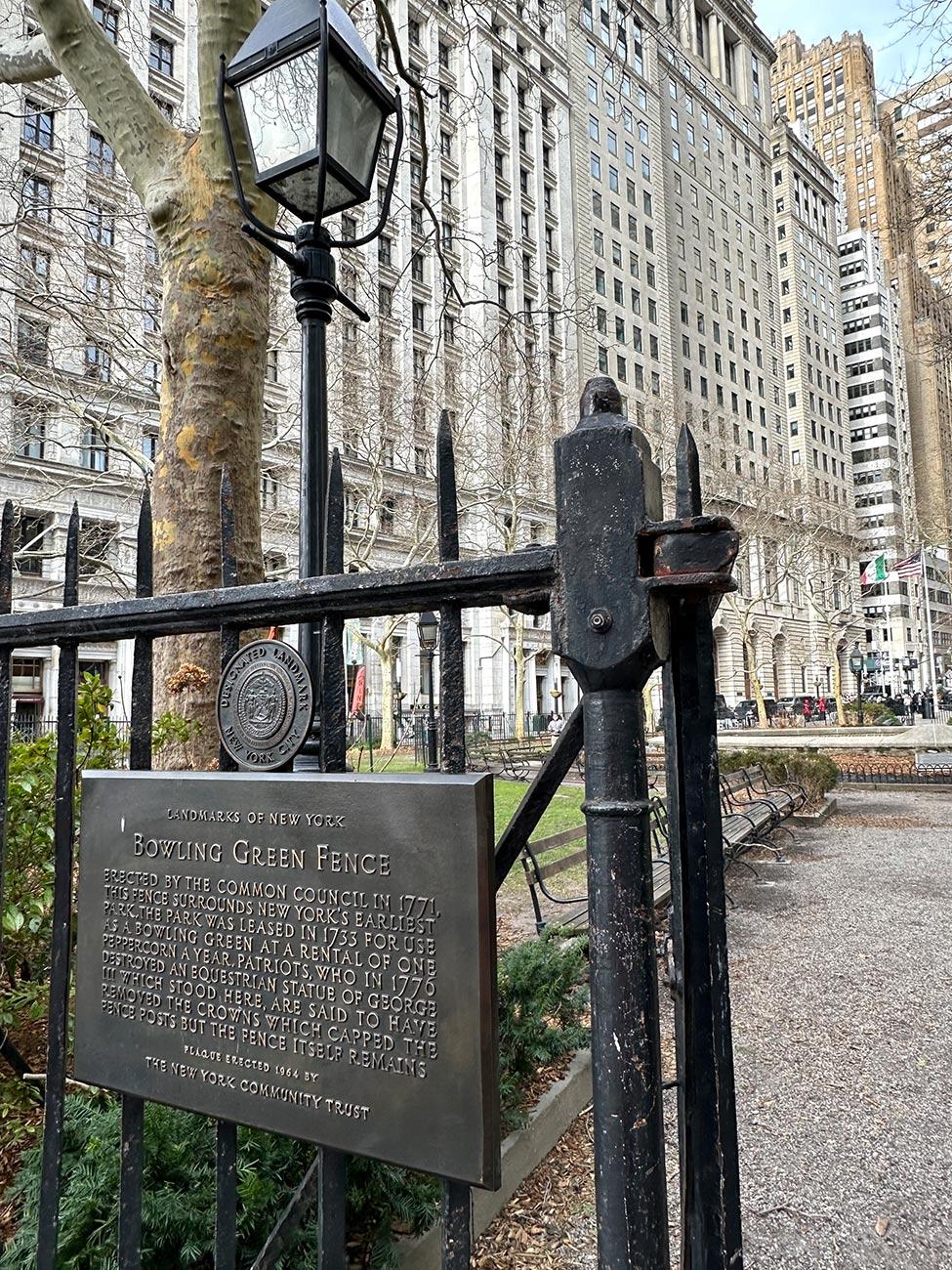
Bowling Green Park, across from the National Museum of the American Indian, has a fence around it. You have to look really closely, but if you look at the fence posts, you’ll notice that the top of each post looks a bit odd–they’re not flat or rounded as they typically would be. The reason being, there used to be crowns at the top of the fence posts and Americans around the time of the revolution chopped them off.
There was also a statue of England’s King George III on horseback, and they toppled it and dragged it through town. Some of the pieces of that statue are still in New York–one is at The New York Historical Society–but the rest of that statue was melted down to make ammunition for the revolutionary war. I think that’s a fascinating, incredible story.
Pace is known for its commitment to experiential learning, which is something you readily embrace in your own work. How do you incorporate the city as a valued part of the Writing for Electronic Media course?
Journalism is something you just have to do. You could sit in a classroom and learn about it for a semester, but that’s not how I learned and not how I teach. Every semester we go on at least one field trip, all together. Last year we went to the New York Public Library for a speaker series. This year we went to a karaoke night. What we do at this event is I teach students how I would approach doing an event coverage story. We go to the venue, and I show them how to interview sources at the event, how to take notes, and how to make observations that they see, hear, and smell. Then we get back to the classroom and write the story.
For their next assignment, students take what they learn from that experience and pick an event on campus that they want to cover. I’ve had students cover music nights, theatrical performances, and art shows, to name a few. But I want my students to pick it themselves, for two reasons: I want them to write about something they’re interested in, and I want them to see the vast array of things that exist on campus that they can get involved in. So they go out, do this story on their own, and turn it in for feedback from their fellow classmates and from me.
This semester, I’m super excited because it’s the first time I’ve gotten to secure an additional field trip. We will be going to a TV news station, going behind the scenes to see how TV news is made.
Journalism is something you just have to do. You could sit in a classroom and learn about it for a semester, but that’s not how I learned and not how I teach.
Finally, you’ve taken on a new profession: New York City tour guide. How has this experience been, and how has it changed your perspective of the city?
I love walking tours, I love living in a walkable city. If a destination is under an hour awy, I’m walking there.
What I’ve learned from giving a tour is that–and this has been a learning experience through the entire book process–being a New York transplant can actually be an asset because I see the city through fresh eyes. People have preconceived notions of what a transplant can do. If someone is a native New Yorker, and there’s something I can surprise them with or show something that they didn’t know about, that is so rewarding.
Many New Yorkers–whether we’ve been here forever or only a few years–tend to stay in their neighborhoods. Even if you are in Lower Manhattan, there are probably things right under your nose to learn about. That’s something I’ve tried to incorporate into my own life as well. Not texting when walking, always looking for something new. Just paying attention to the city.
For more, you can visit the Secret New York City A Guide to the Weird, Wonderful, and Obscure website, or follow Rossilynne on instagram, where she posts videos of hidden New York wonders.
More from Pace
Meet Chris Previlon ’27, a Lubin student who came to New York City to find inspiration and grow as an entrepreneur. With his business Beyond Balloons, Chris is going beyond the ordinary to take advantage of every new opportunity.
Will Schmid ’25 has always thrived when the stakes are high. Now in his final year as an Arts and Entertainment Management major at Pace University, Will has landed the opportunity of a lifetime—an internship at Saturday Night Live during its historic 50th season.
Sunny Shenkman ’25 is a creative with a packed schedule. From on-campus jobs and internships, to extracurriculars and non-negotiables, Sunny shares their secrets to the art of finding the balance in the busy.

